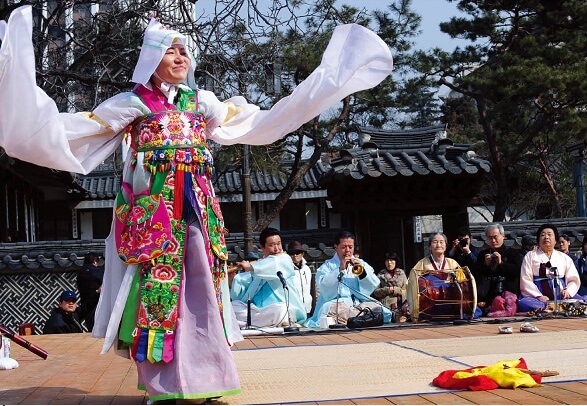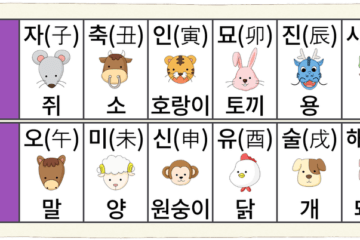Shamanism has been an essential part of Korean culture for generations. Because of its adaptability to other religions, Korean shamanism has long stayed distinct from other religions.
The belief in spirits in shamanism has inspired Buddhism, Confucianism, and Christianity, and elements of these religions have influenced Korean shamanism.

For example, Korean shamanism believes that everything has a soul, and when Buddhism first arrived in Korea, shamanists frequently regarded the Buddha as one of the spirits they worshiped.
Confucianism is another example. There was a strong preference for sons over females in Confucianism, and every woman who practiced Confucianism felt it was her responsibility to have a son.
The union of these Confucian values with Korean shamanism, on the other hand, gave rise to the concept of sanshin. It was believed that the mountain spirits, or sanshin, would determine the gender of the child.
Many scholars claim that Korean shamanism has survived for so long because it has coexisted with other religions.
‘kut’ is an example of contemporary shamanism. A ‘kut’ is a ceremony conducted for a patient suffering from an incurable sickness in the belief that it chases evil spirits from the patient’s home or body.
A’mudang,’ who is claimed to be able to speak directly with spirits, performs the ‘kut’.


0개의 댓글